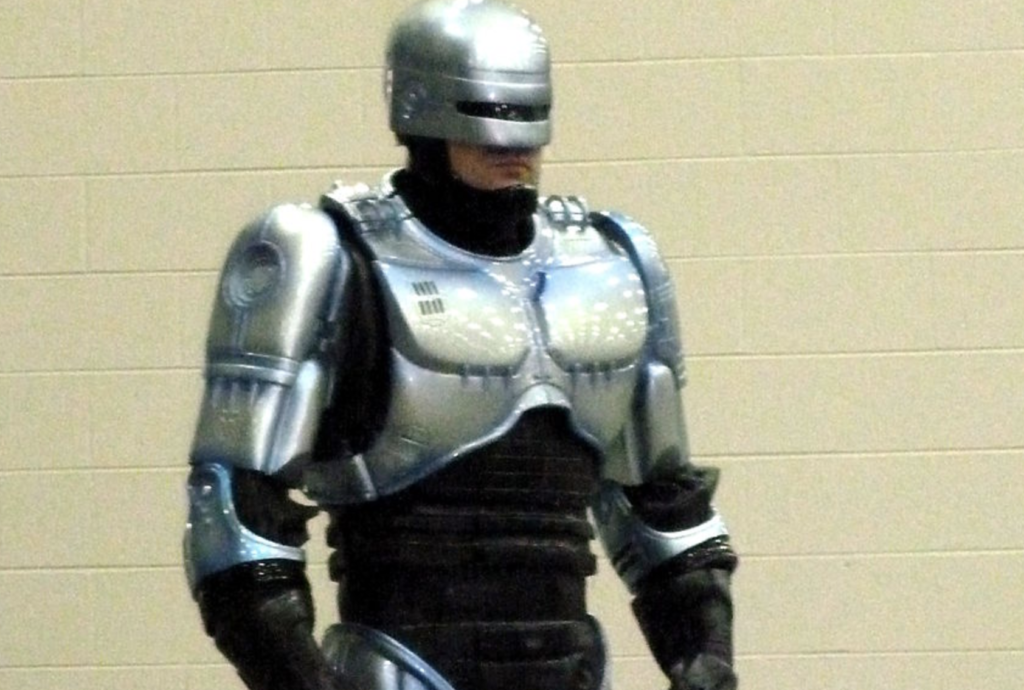Well, I got that one wrong.
I really didn’t think this Board of Supes was ever going to approve a policy that lets robots use lethal force. In fact, after talking to Sup. Aaron Peskin, who has taken the lead in negotiating the rules on military hardware with the SFPD, I was pretty convinced this thing was going nowhere.

And yet, by an 8-3 vote, the board today approved a policy that allows the use of killer robots in what an amendment by Peskin describes as a dire emergency:
[W]hen risk of loss of life to members of the public or officers is imminent and officers cannot subdue the threat after using alternative force options or de-escalation tactics options, or conclude that they will not be able to subdue the threat after evaluating alternative force options or de-escalation tactics.
The cops talked about situations like the Las Vegas shooting, where in fact a robot would have been useless since the shooter was on the 34th floor of a hotel.
Only Sups. Hillary Ronen, Dean Preston, and Shamann Walton voted against the plan. So much for a progressive majority. Even Sup. Gordon Mar, who already lost his re-election and has nothing more to lose, voted with the police.
To be clear here, SFPD won’t actually be sending Robocop into battle (and by the way, that movie is a parable about the dangers of privatizing the police force). The robots will be operated by a human, just as the drones that are used to kill people in wars are operated by humans who just happen in many cases to be thousands of miles away.
But it’s a huge precedent that has received national attention. San Francisco, the progressive city, has approved a policy that gives the cops another potentially very dangerous tool to use in what are, frankly, vague situations.
Yes, the rules say that only very senior officers can authorize the killer robots—but given the way senior cops have authorized and defended a lot of completely unacceptable killings in this town, that doesn’t blunt the impact of the decision.
It does suggest that the media-hyped Fear of Crime that led to some of the worst criminal-justice policies in modern history in the 1980s is back, in this city, right now.
And then I see this in New York, and I think: It’s going to be an ugly time in local politics.




